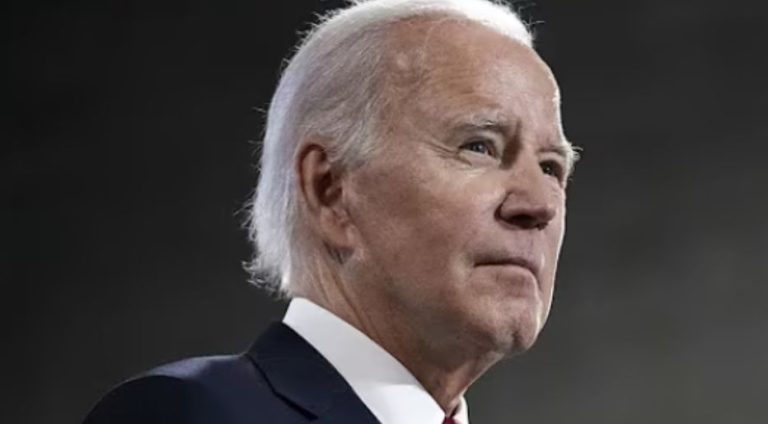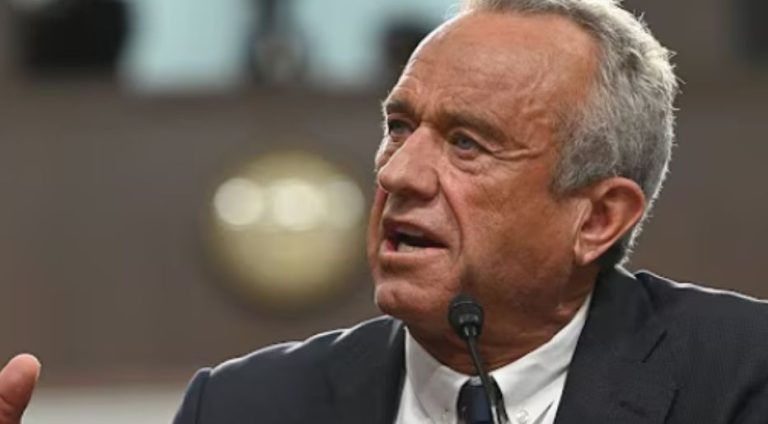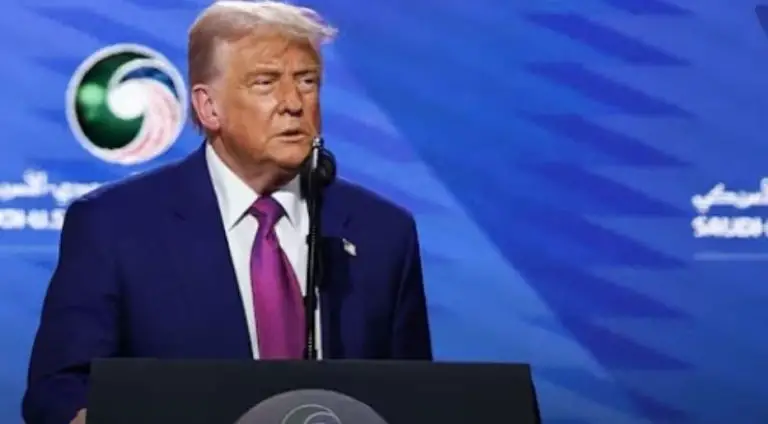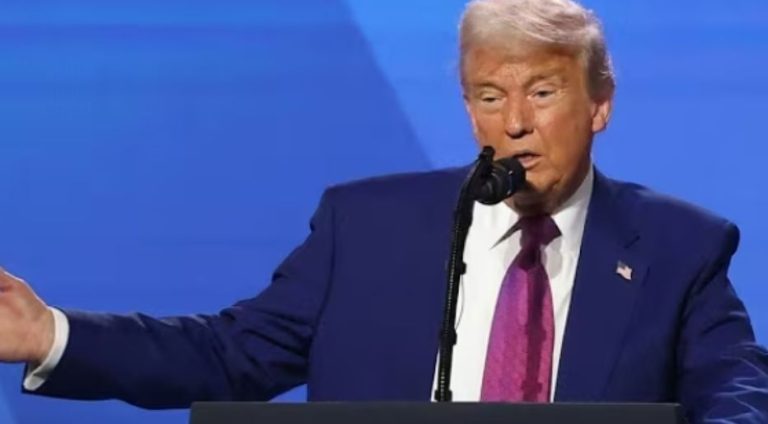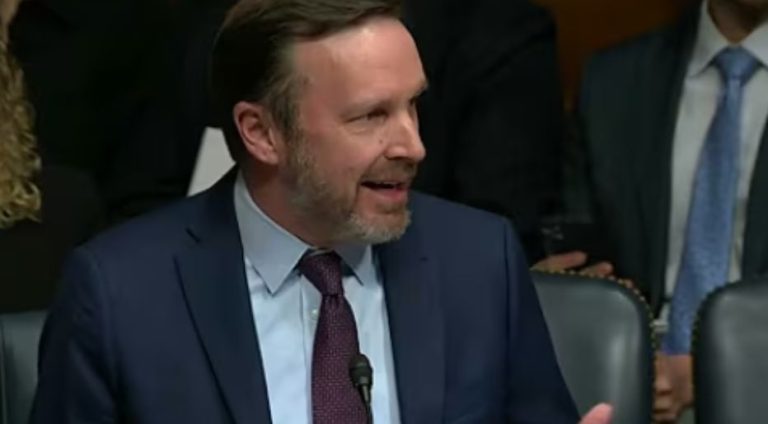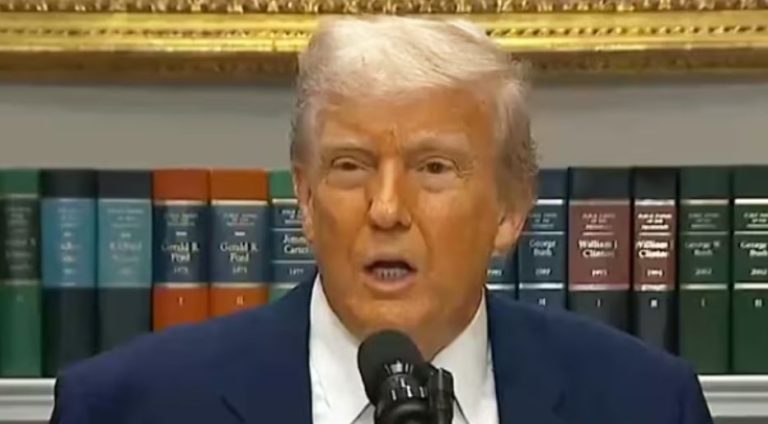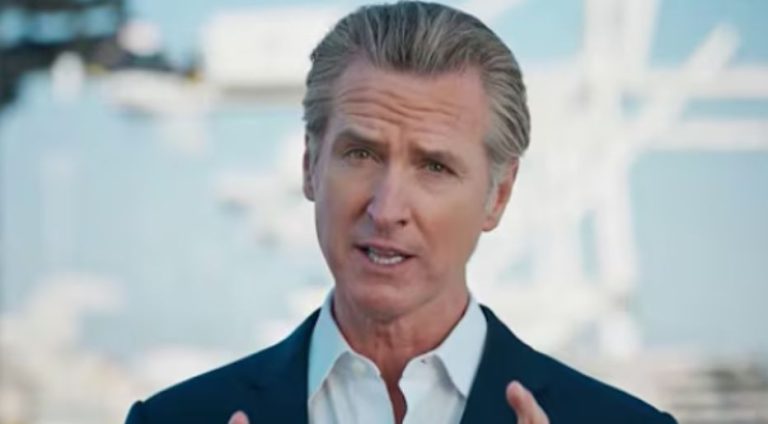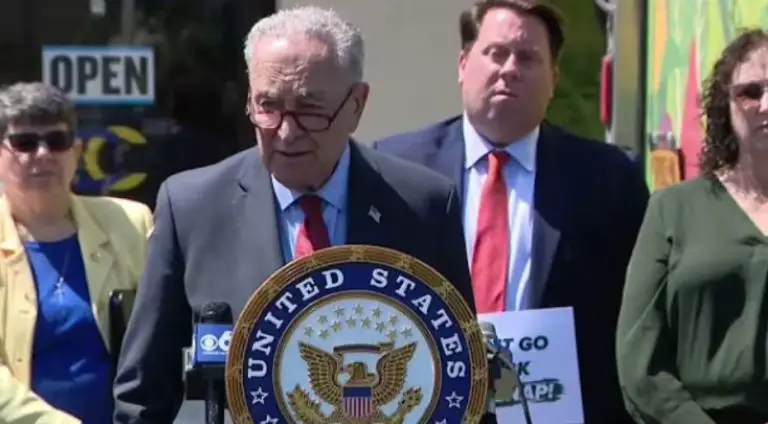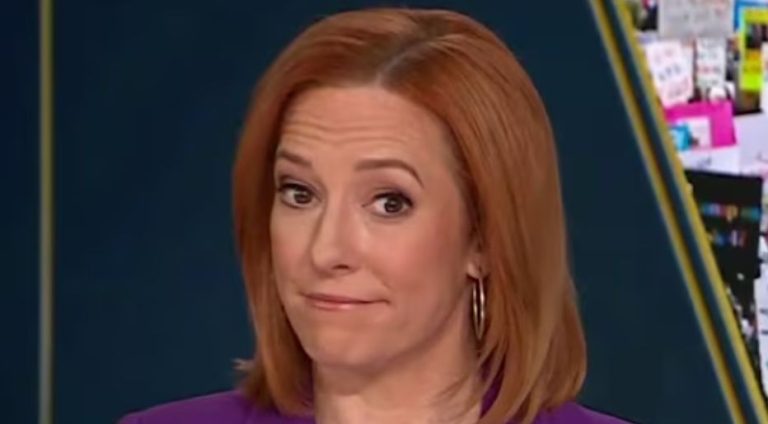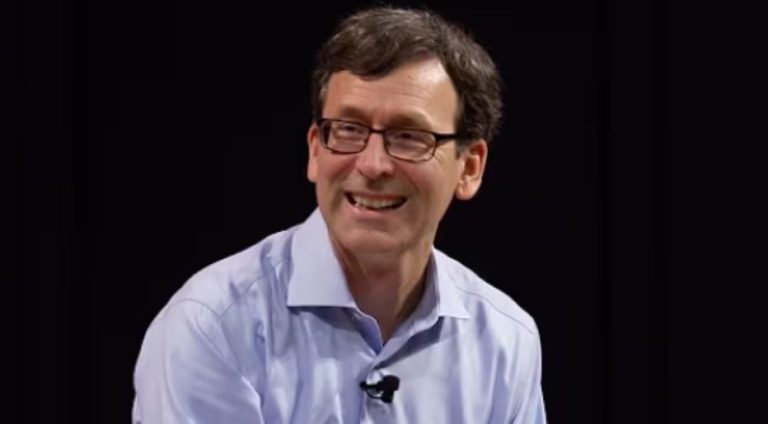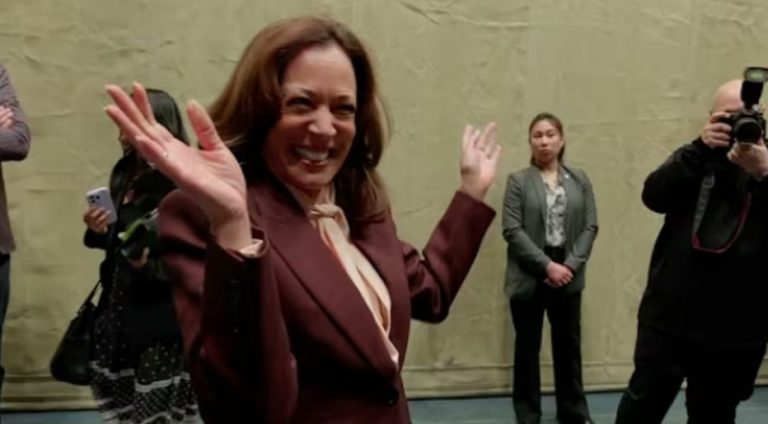Joe Biden should take a hint and fade into the background. Instead he’s making it all about him again.
Now he came back to haunt Democrats in the worst possible way.
Potential 2028 Democratic presidential candidates are navigating a minefield of questions about former President Joe Biden’s cognitive health and his decision to run for re-election in 2024, as they take early steps in the White House race.
The scrutiny, fueled by a new book and Biden’s faltering 2024 campaign, is testing the candor of figures like Pete Buttigieg.
This dynamic is explored through three lenses: the persistent questions about Biden’s decline, the varied responses from contenders, and the Democratic Party’s struggle to move forward.
Persistent Questions About Biden’s Decline
At a recent Iowa town hall, Pete Buttigieg faced pointed questions about Biden’s cognitive state during his presidency. “Did President Joe Biden experience cognitive decline while in office?” a reporter asked. Buttigieg, Biden’s former Transportation Secretary, replied, “Every time I needed something from him from the West Wing, I got it.”
A follow-up question probed whether Democrats would have fared better had Biden not run, to which he admitted, “Maybe. Right now, with the benefit of hindsight, I think most people would agree that that’s the case.”
These queries, amplified by *Original Sin: President Biden’s Decline, Its Cover-up, and His Disastrous Choice to Run Again*, reflect voter concerns about a perceived White House cover-up, especially after Biden’s disastrous June 2024 debate with Donald Trump led to his withdrawal.
Varied Responses from 2028 Contenders
Democratic hopefuls are grappling with how to address Biden’s tenure, with responses shaped by their proximity to him.
Rep. Ro Khanna, a 2024 Biden surrogate, wrote, “To rebuild trust, Democrats must be honest. In light of the facts that have come out, Joe Biden should not have run for reelection, and we should have had an open primary.”
He added, “But obviously we did not have the full picture, and in hindsight it is painfully obvious that President Biden should have made the patriotic decision not to run.” Senator Chris Murphy told Politico, “There’s no doubt about it,” regarding Biden’s decline, and said, “I mean, isn’t that self-evident? We lost,” lamenting the party’s 2024 strategy.
Michigan Governor Gretchen Whitmer, however, distanced herself, saying on CNN, “I didn’t see the president frequently,” but admitted, “It does make me question a lot of the things I thought I knew over the last year and a half.”
Democratic Party’s Struggle to Move Forward
The grilling of potential 2028 contenders underscores the Democratic Party’s challenge to process its 2024 losses—Kamala Harris’s defeat, the Senate’s fall, and failure to reclaim the House—while addressing Biden’s legacy.
New Hampshire radio host Chris Ryan noted, “The Democratic voters are still trying to sort through what happened and why.”
The varied responses highlight a tension between honesty and political caution, with Ryan observing that voters value “truthfulness” on Biden’s fitness. Buttigieg emphasized the need to pivot, stating, “We’re not in a position to wallow in hindsight.
We’ve got to get ready for some fundamental tests of the future of this country and this party.” As Democrats confront these questions, their ability to balance accountability with forward momentum will shape the party’s path toward 2028.

